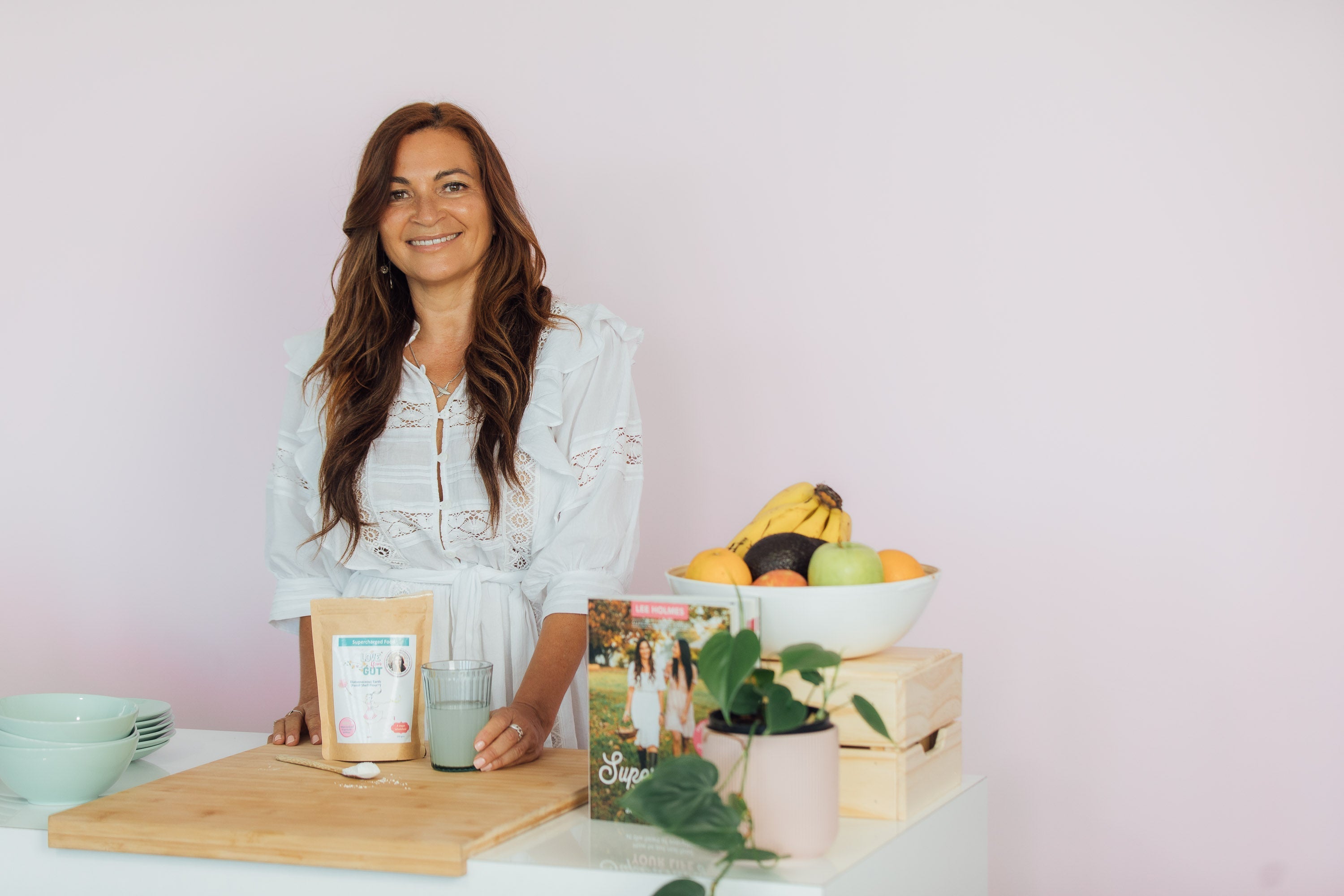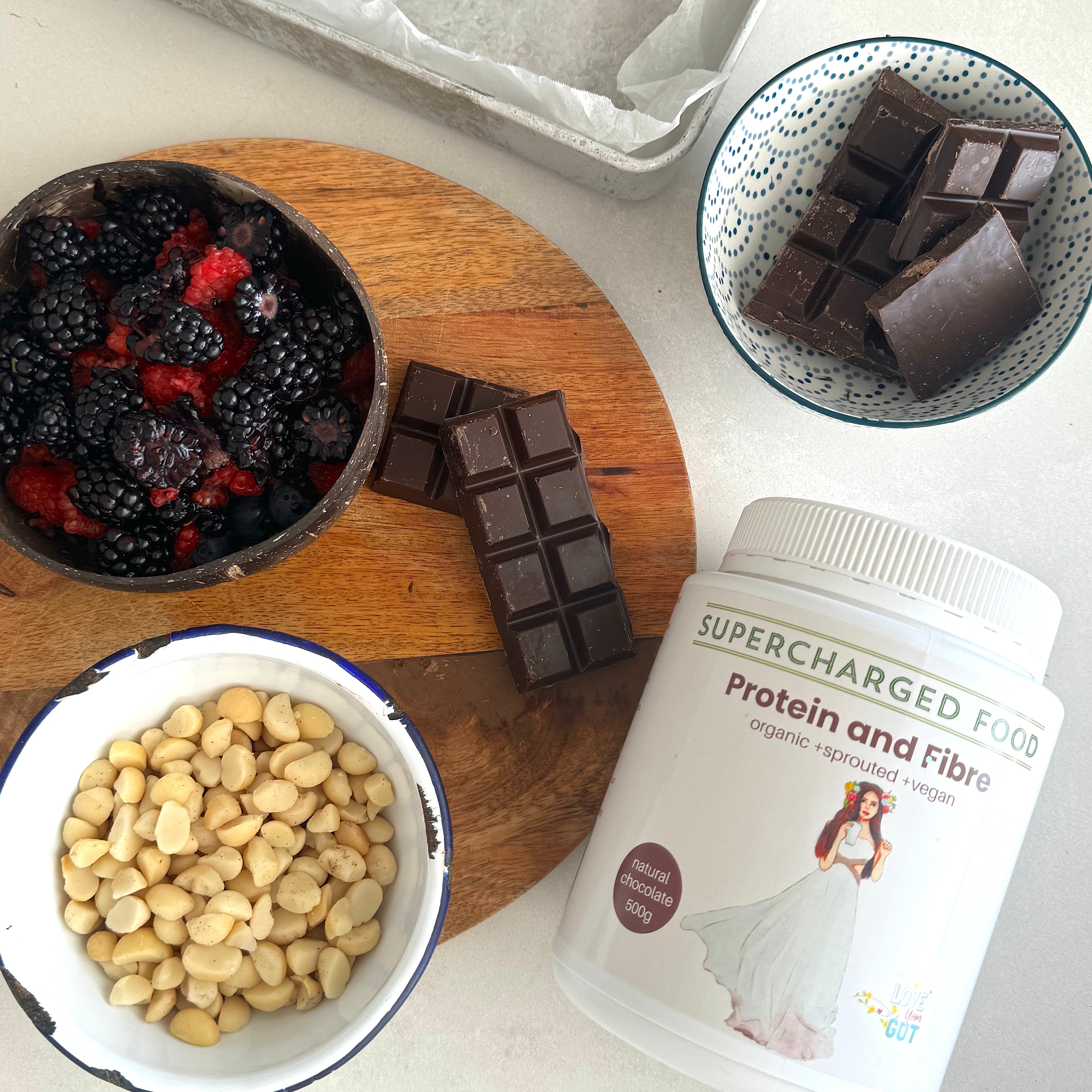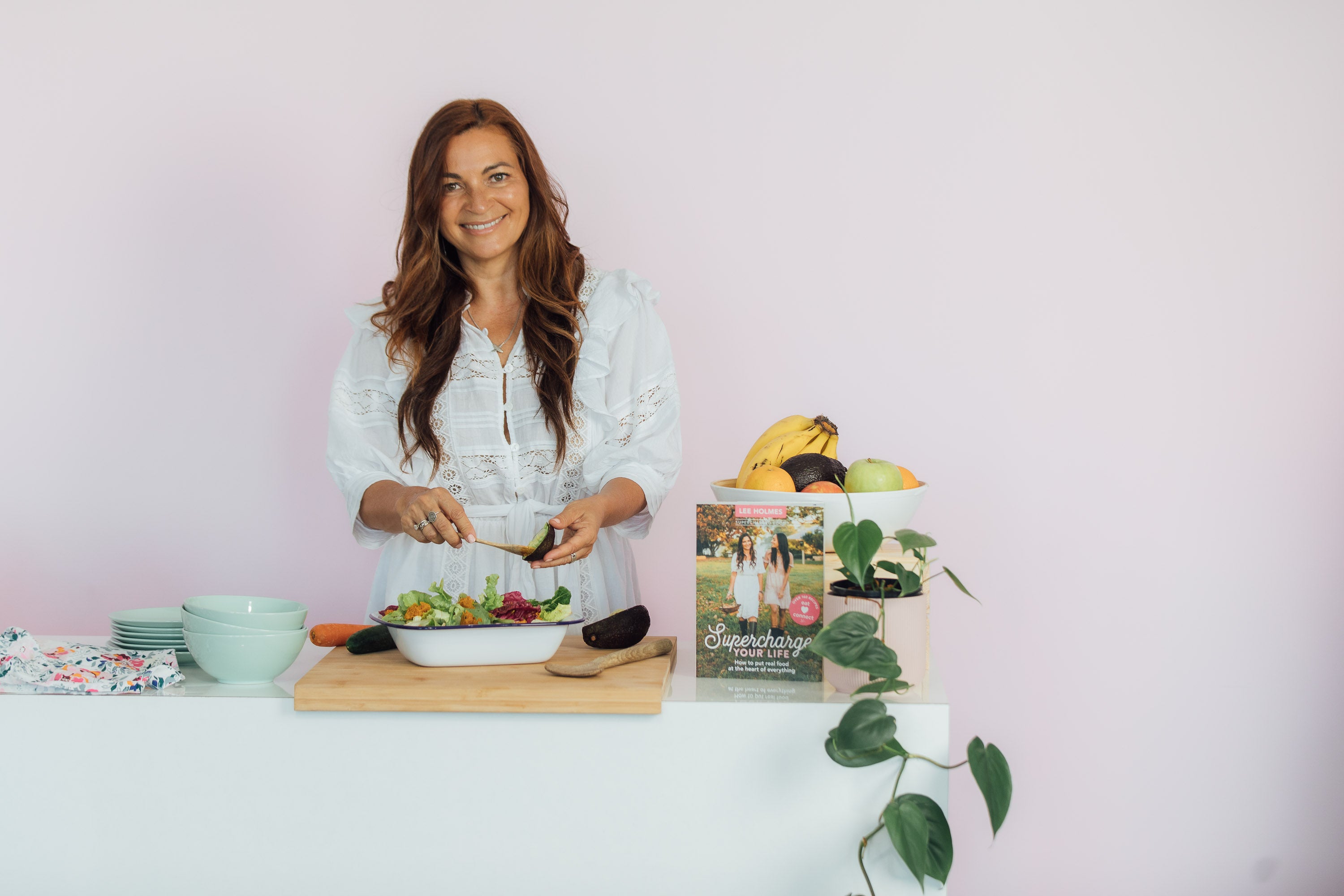Inflammation.
I’m sure you’ve heard the term before, but do you know what it means?
Well, for your inflammation, inflammation is a mechanism the body uses to respond to a foreign agent, infection or injury.
Inflammation activates the immune system and begins the process of healing. In acute cases, like when you scratch your knee, inflammation is beneficial, short-term, and essential to protection.
Inflammation can become problematic when it turns into chronic inflammation – when the body is under a constant state of inflammation or inflamed for an extended period of time with no threat of a foreign invader.
Chronic inflammation can lead to a whole host of health conditions, including cardiovascular disease, arthritis and accelerated skin ageing (yikes!).
What causes chronic inflammation?
There are a number of things that can contribute to the development of chronic inflammation such as...
- Poor diet: I’m sure no one is surprised that this is number one on my list. A diet high in refined sugars and carbohydrates, processed meats, alcohol, poor-quality dairy, trans fat and lots of gluten can increase inflammation.
- Compromised gut health: A healthy gut is vital for reduced inflammation. Unfortunately, our ability to provide an anti-inflammatory environment for our gut microbes, with a strong barrier, declines as we age. When the gut's lining is compromised, endotoxins and undigested food can pass through easily and enter the bloodstream, triggering inflammation. If you want to strengthen the lining of your gut, this is what I use, it's called Fulvic Humic Concentrate and it's excellent if you're suffering from gut issues or leaky gut. Scientists now know that gut microbes influence immune cells and that reducing inflammation levels within the gut is a key driver to overall good health.
- Inadequate omega-3 intake: Omega-3 decreases bodily inflammation so, it’s time to up your oily fish, eggs, chia seeds and flax seeds intake.
- Nervous system imbalance: High amounts of stress, causing ongoing cortisol, is a one-way ticket to inflammation town. You can read more about my ten ways to manage stress over here.
FYI: Here are seven foods that reduce inflammation...
As a food-first clinical nutritionist, I believe one of the best and easiest tools we have to reduce inflammation is food!
If you’re looking to lower your inflammation, aim for a balanced diet based on whole foods. Below are some of my favourite anti-inflammatory ingredients and recipes you can incorporate into your diet today.

1. Bone Broth
Bone broth helps heal and seal the gut lining, reducing levels of inflammation. My Gut-Healing Turmeric Chicken Broth is rich in minerals and helps the medicine inflammation go down! It’s charged with anti-inflammatory turmeric, fresh ginger and a whole chicken. A cup of broth is just what the doctor ordered.

2. Salmon
Salmon is full of the long-chain omega-3 fatty acids EPA and DHA. It’s also rich in protein, antioxidants and minerals. Feast on salmon in my Crispy Salmon with Saffron, Aioli, and Smashed Green Peas. It’s a deliciously fresh meal full of anti-inflammatory salmon and antioxidant-rich herbs and veggies. Perfection!
3. Cruciferous Vegetables

Crucife-what? You know those vegetables you love but can sometimes you leave feeling a little bloated and, well, gassy? They’re part of the cruciferous vegetable family. Cruciferous vegetables, including broccoli, cauliflower, bok choy, brussel sprouts and cabbage, have been shown to lower inflammation.
I recommend introducing these vegetables into your diet slowly, and make sure you cook them before eating them to help your body adapt to their fibrous nature! Adding spices such as turmeric to the cooking process helps too! My favourite cruciferous vegetable recipe at the moment is my Oven-Baked Broccoli and Cauliflower Steak.

4. Chia Seeds
Let’s all cheer for chia seeds. Chia seeds contain an antioxidant called caffeic acid, which helps fight inflammation in the body. They’re also rich in anti-aging omega-3 fatty acids that help keep your heart and gut happy. If you've never considered making your own jam, why not try out my Raspberry Chia Jam. You can thank me later 😉

5. Flaxseeds and Flax Oil
Like chia seeds, flaxseeds and flaxseed oil are rich in omega-3 fatty acids, protein and fibre. Flaxseeds can help you reach your omega-3 target while keeping your digestion running smoothly (literally)! Up your omega-3 with my Omega Cheese Crackers.

6. Brightly Coloured Berries
Do you know what’s berry good? Berries. Berries are rich in polyphenols; specifically an antioxidant called anthocyanin, which can help lower inflammation. The richer the colour of the berry, the higher the anti-inflammatory effect.
If you’re after my favourite berry recipe, it happens to be a Homemade Berry Crumble. PS: you don’t need to be rugged up around the lounge with cute winter socks to enjoy a delicious crumble; it deserves to be loved no matter the weather.

7. Golden Gut Blend
No anti-inflammatory list is complete without my Golden Gut Blend. Containing bioactive and ginger turmeric, both shown to reduce inflammatory markers, Golden Gut Blend is an anti-inflammatory, anti-fungal, antioxidant-rich powerhouse – now that’s upping the ante ;). Plus, diatomaceous earth makes Golden Gut Blend a cleaner and primer for your insides. It’s the superstar in my Golden Gut oatmeal cookies and nice cream.
And now for a magnificent anti-inflammatory meal in a glass. This Vegan Edible Smoothie is bursting with lively, activated nutrients and a beautiful, tangy and delicious berry zing. It's the perfect way to spruce up your day.







Leave a comment